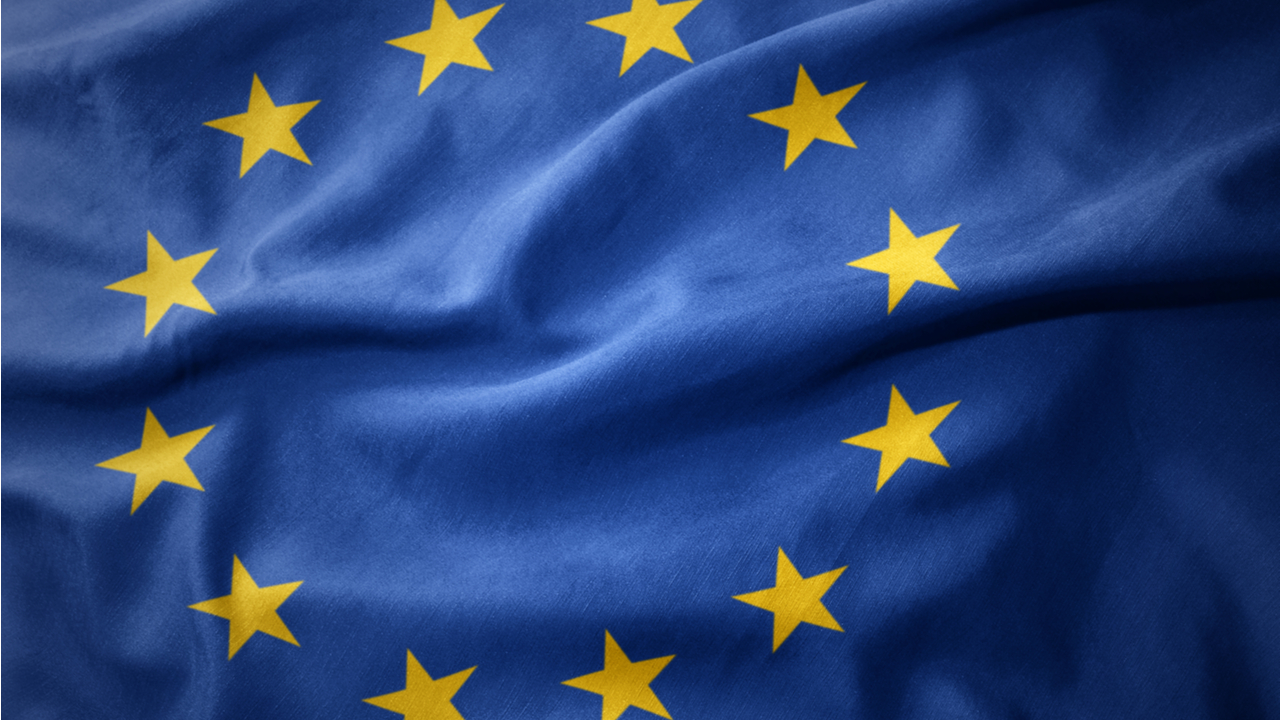The European Union (EU) is working on a project involving blockchain architecture and the use of non-fungible tokens (NFTs) to combat counterfeiting and counterfeiting. The project is a product of several meetings and blockchain hackathons organized by the European Union Intellectual Property Office and proposes to create digital twins of products to trace their path across supply lines.
The European Union uses NFTs to protect intellectual property
The European Union has recently announced that it is working on a system that will use blockchain and NFTs as part of the fight against counterfeiting of physical goods.
The system proposed will be designed by the European Union Intellectual Property Office, and is the product of more than five years of work. A document issued this month explains that the organization has already chosen a high-level architecture for this task, detailing how the system will work.
Intellectual property (IP) holders will create digital tokens (twin NFTs) to prove that a batch of manufactured goods is authentic. These IP holders must be included in advance as authorized signatories to create these products on the tracking blockchain.
The solution will then allow supply chain tracking as the products are transported through different checkpoints, so the IP holders can be sure that the products reaching stores are authentic.
Implementation
The European Union Intellectual Property Office hopes to have a functioning system by the end of 2023, but to achieve this goal, it will need to create a registry system to group together all IP holders, logistics operations and retailers in the EU. To achieve better goals, the report states that the system will seek to be interoperable with existing supply chain tracking solutions.
If the EU manages to implement this system by the end of 2023, it will be one of the first applications of blockchain technology on that scale for the target. However, blockchain technology has also been used for supply line tracking before. Recently, Vechain, an enterprise blockchain project, announced a partnership with Orionone, a global supply chain technology solution, aiming to integrate blockchain into its stack of operating technologies.
The European Union is also currently debating MiCA, a Union-wide legislative proposal for the regulation of cryptocurrencies.
What do you think of the blockchain and NFT-based solution proposed by the EU to combat counterfeiting? Tell us in the comments section below.
Sergio Goschenko
Sergio is a cryptocurrency journalist based in Venezuela. He describes himself as late to the game, entering the cryptosphere when the price spike occurred during December 2017. He has a computer engineering background, lives in Venezuela and is influenced by the cryptocurrency boom on a social level, offering a different point of view on crypto success and how it helps the unbanked and underserved.
Image credit: Shutterstock, Pixabay, Wiki Commons
Disclaimer: This article is for informational purposes only. It is not a direct offer or solicitation of an offer to buy or sell, or an endorsement or recommendation of products, services or companies. Bitcoin.com does not provide investment, tax, legal or accounting advice. Neither the company nor the author is directly or indirectly responsible for damages or losses caused or alleged to be caused by or in connection with the use of or reliance on content, goods or services mentioned in this article.



